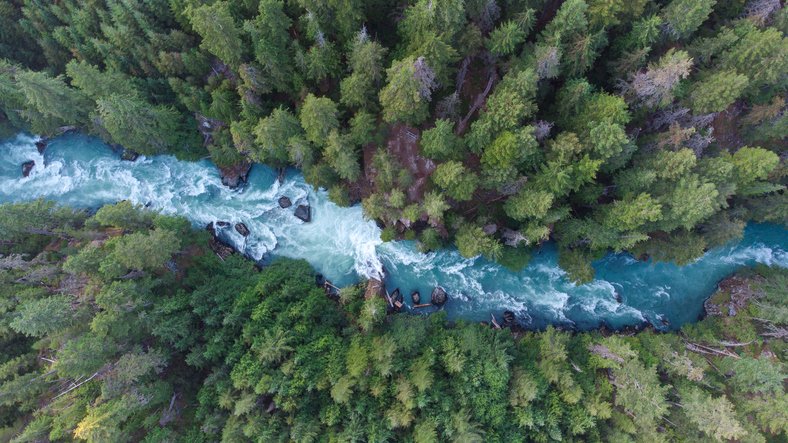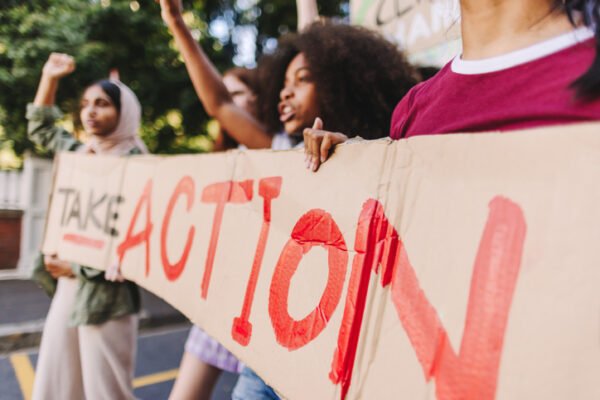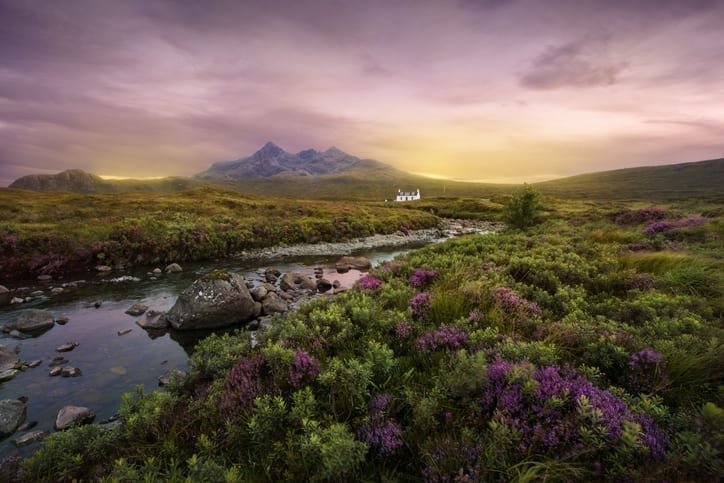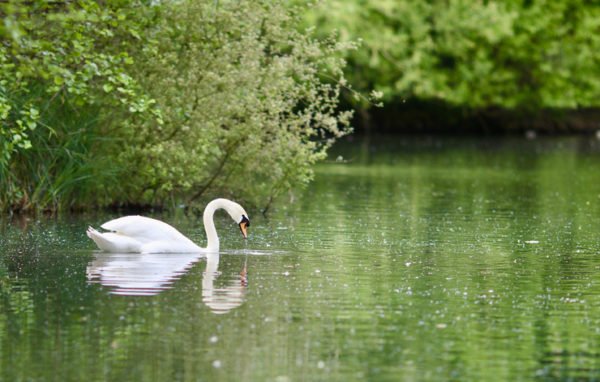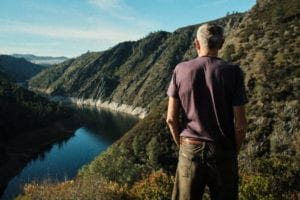A coalition of governments has launched the Freshwater Challenge – the largest ever initiative to restore degraded rivers, lakes and wetlands, which are central to tackling the world’s worsening water, climate and nature crises.
Announced at the UN Water Conference in New York, the Freshwater Challenge aims to restore 300,000km of rivers – enough to circle the Earth more than seven times – and 350 million hectares of wetlands (an area larger than India) by 2030.
Degraded ecosystems
Along with water supplies, healthy freshwater ecosystems provide a wealth of benefits to people and nature.
They are critical for mitigating and adapting to climate change and achieving the Sustainable Development Goals (SDGs).
Yet one-third of the world’s wetlands have been lost over the past 50 years, and we are still losing them faster than forests.
Rivers and lakes are the most degraded ecosystems in the world, with fish populations, many of which are vital for community food security, pushed to the brink.
Released this week, the IPCC’s sixth assessment report outlines the serious impacts of climate change on freshwater ecosystems, highlighting the need to protect and restore them to enhance adaptation and build resilient societies, economies and ecosystems.
‘Healthy rivers, lakes and wetlands underpin our societies and economies, yet they are routinely undervalued and overlooked. That is what makes the commitment by the governments of Colombia, DR Congo, Ecuador, Gabon, Mexico and Zambia so commendable. While countries have pledged to restore one billion hectares of land, the Freshwater Challenge is a critical first step in bringing a much-needed focus on freshwater ecosystems.’
INGER ANDERSEN
UNEP executive director
Why water matters
A scientific report published to launch the UN Decade on Ecosystem Restoration noted that countries already pledged to restore 1 billion hectares – an area larger than China. But freshwater ecosystems do not feature explicitly among the commitments assessed.
About 4 billion people, representing nearly two-thirds of the global population, experience severe water scarcity at least one month of the year.
2.3 billion people, or around one quarter of the global population, live in water-stressed countries.
Almost three-quarters of all recent natural disasters are water related, including floods, droughts and storms. These disasters have destroyed lives and livelihoods, impacted millions and caused $700 billion in economic damage in the past 20 years.
By 2050, five times as much land is likely to face ‘extreme drought’ and 5.7 billion people are likely to live in water scarce areas. The number of people at risk from floods is projected to rise to around 1.6 billion
 Play Video about This Rock Might Just Save The World
Play Video about This Rock Might Just Save The World Play Video about Play 2 hours of rock
Play Video about Play 2 hours of rock Play Video about Play 2 hours of brook
Play Video about Play 2 hours of brook Play Video about Play 2 hours of sheep
Play Video about Play 2 hours of sheep

















